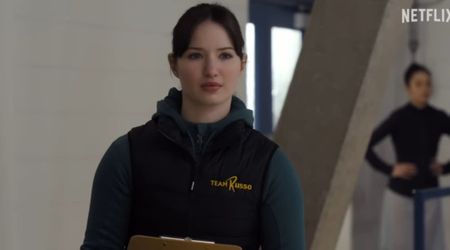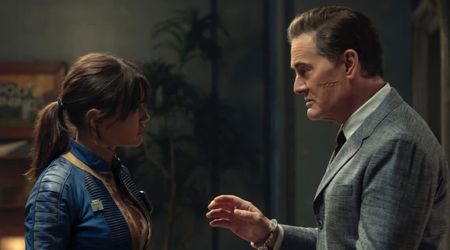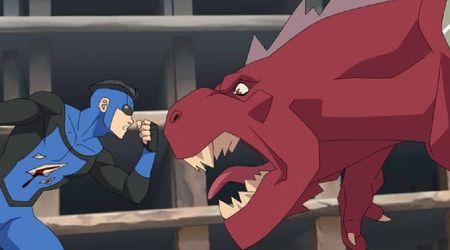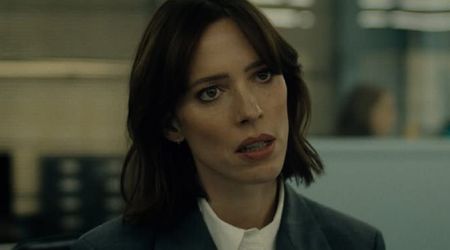'Star Trek: Picard' moves from the ideal world of the first 'Star Trek' series to a dystopic one

The idea of 'Star Trek' came to Gene Roddenberry in the 1960s. The world had witnessed two devastating wars, terrible acts had been committed on humanity and millions of lives had been lost. There were scars that wouldn't heal quickly.
In this era of recovery and disillusion, Roddenberry introduced the world of Star Trek to viewers. It was a Utopia and he gave viewers an evolved world, - the future of humanity that he envisioned. In short, it was a form of escape. The premise was simple. While Earth was now a Utopia in the first 1966 series, it had taken much blood, sweat and tears to get there. Earth had witnessed devastating wars, including World War III which began due to several issues, including genetic manipulation and the Eugenics wars. Governments had collapsed and cities had been annihilated. Ten years after all the destruction, humans established contact with Vulcans, who were logical and super-intelligent aliens. This profound discovery pushed humanity to realize that it needed to dig itself out of the hole it had made for itself. Finally, the United Earth Government was established in 2150, and the burning problems of unemployment, poverty, disease and hunger were eradicated. A glowing utopia indeed, cut off from the grim reality.
That was the allure of 'Star Trek'. 'Star Trek: The Next Generation' in the 80's fleshed out the 'Star Trek' universe and delved into new cultures and focussed on diplomacy and galaxy missions. Instead of Captain Kirk as in the original series, we met Jean-Luc Picard, a supremely intelligent human, with a powerful understanding of philosophy and literature. More importantly, he had a strong moral compass. He stood for the ideals of the Federation and it formed the very core of his being. Unfortunately, when he realized that the Federation was willing to sacrifice Romulan lives after a Synthetic attack in Mars, his faith was shattered. And so, he pulled away from the Starfleet and isolated himself. This forms the premise of the 2020 series 'Star Trek: Picard', which depicts the dissatisfaction and disillusion Picard feels with the authorities.
This emotion isn't too far from reality, as Patrick Stewart, who plays Picard, had asserted in an interview to Variety. The world is fraught with tensions again, be it Brexit or fury towards President Donald Trump. In the interview, Stewart said, "In a way, the world of ‘Next Generation’ had been too perfect and too protected. It was the Enterprise. It was a safe world of respect and communication and care and, sometimes, fun. In “Picard,” the Federation has taken an isolationist turn. The new show, Stewart said, “Was me responding to the world of Brexit and Trump and feeling, ‘Why hasn’t the Federation changed? Why hasn’t Starfleet changed?’ Maybe they’re not as reliable and trustworthy as we all thought."
In the first episode of 'Star Trek: Picard' itself, when questioned about his decision to save Romulans after the supernova and why he left Starfleet, Picard angrily says, "Well, Starfleet wasn't Starfleet!" The gravity of this dialogue is unmistakable.
So, while the initial 'Star Trek' series were situated in a 'perfect' and 'harmonious' world, 'Star Trek: Picard' is close to one that is dystopic and is filled with distrust. Jean-Luc questions authorities and has to defy them as well if the world needs to be saved.
Yet, Picard slowly begins to represent a silver lining.
'Star Trek: Picard' airs on CBS-All Access.










